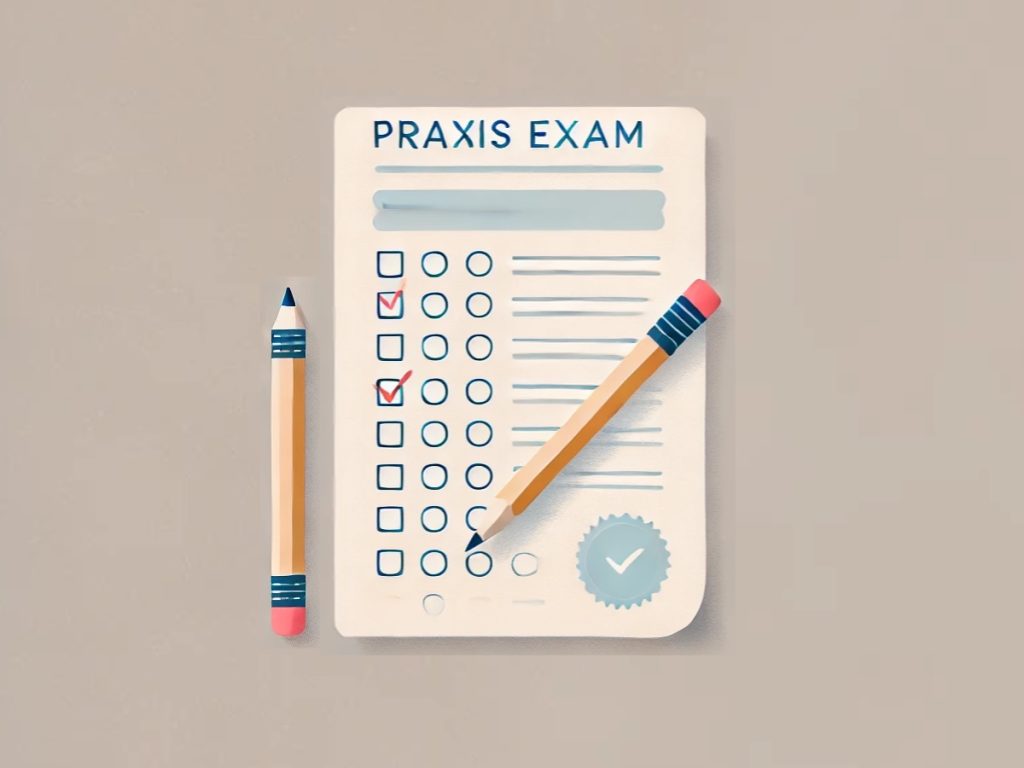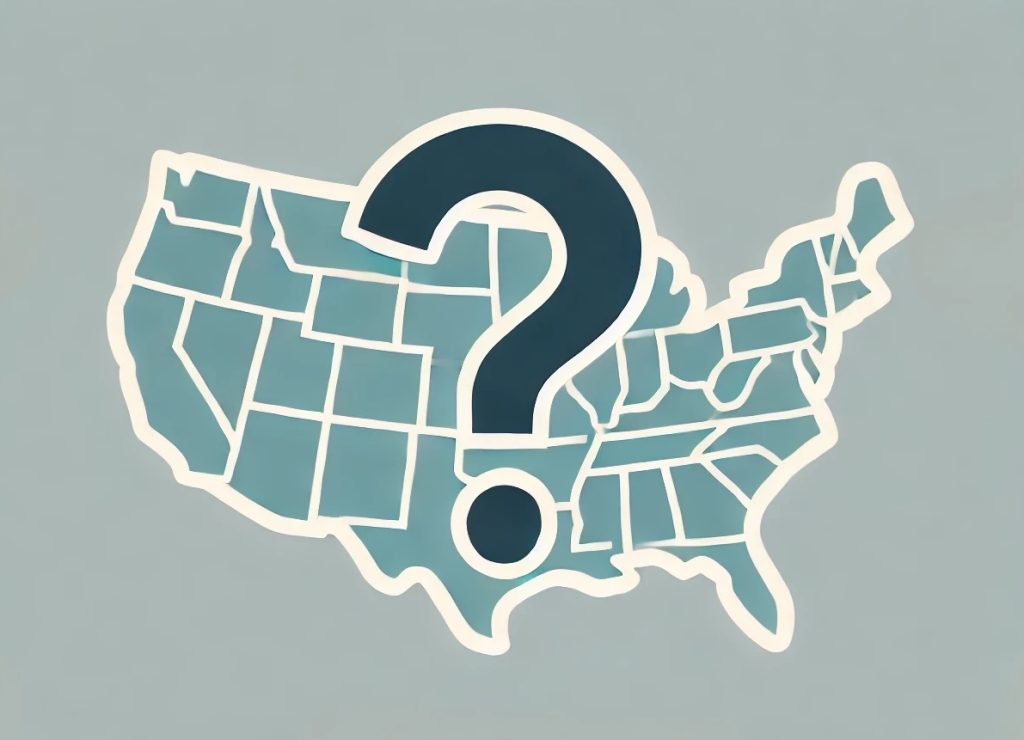Dyslexia, a common learning difference affecting reading, writing, and language processing, can present unique challenges for students transitioning from high school to college. Fortunately, a wide range of recent and credible resources are available to help students with dyslexia succeed academically and thrive in their learning environments. These resources span organizations, scholarly articles, books, videos, podcasts, and speech therapy tools—each offering valuable insights, tools, and support strategies.
Numerous national organizations such as the International Dyslexia Association, Dyslexic Advantage, and the National Center for Learning Disabilities provide reliable information, legal guidance, and advocacy for students and families. These nonprofits often include sections specifically designed to help college students understand their rights, find accommodations, and build academic strategies.
Speech pathologists (SLPs) play a critical role in diagnosing and treating communication disorders, supporting both academic and social development in children and adults. Their rigorous education in linguistics, neurology, and evidence-based therapy equips them to contribute meaningfully to interdisciplinary care teams across healthcare and education sectors.
In addition to national organizations like the International Dyslexia Association, Dyslexic Advantage, and the National Center for Learning Disabilities, speech-language pathologists provide expert clinical support to students with language-based learning disorders. Through individualized assessments and interventions, SLPs help students access accommodations, strengthen literacy skills, and build communication strategies essential for academic success and lifelong learning.
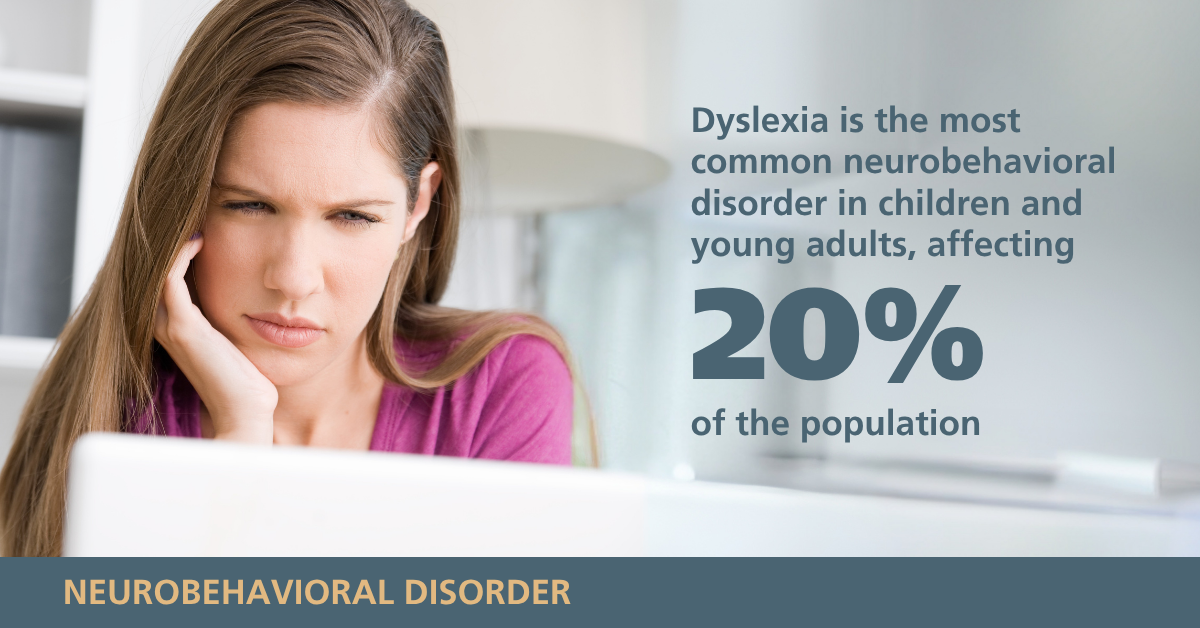
For those interested in deeper learning, recent scholarly articles and books explore cutting-edge research and practical applications for managing dyslexia in higher education. From understanding how AI and virtual reality are used to support learning, to tips on effective study habits and emotional resilience, these resources empower students and educators with current, science-backed knowledge.
To support these diverse learning preferences, curated videos and podcasts share real-life stories, expert interviews, and self-advocacy tools. Students can hear directly from peers and professionals about how they overcame dyslexia-related challenges and used their strengths to excel. These multimedia resources are especially useful for building motivation, awareness, and community.
Finally, speech therapy continues to play a crucial role in supporting students with dyslexia. Universities and therapy centers offer resources—many available online—to improve phonological skills, reading fluency, and comprehension. These are ideal for students who may need additional language and literacy support alongside academic accommodations.
Together, these resources offer a robust toolkit for high school and college students navigating the path with dyslexia. Schools are encouraged to share this guide with students, educators, and support staff to foster inclusive, well-informed learning
communities.
Organizations
International Dyslexia Association (IDA)
Provides advocacy, resources, and services to individuals and families impacted by dyslexia, including information on accommodations and support for college students.
A nonprofit organization dedicated to empowering individuals with dyslexia by highlighting their strengths and providing resources for students and adults.
Offers a digital audiobook library and resources to support students with dyslexia and other learning disabilities in their educational journey.
National Center for Learning Disabilities (NCLD)
Partners with educators, students, and families to advance research and advocate for policies that address systemic barriers in education for those with learning disabilities.
Facilitates and disseminates scientific breakthroughs in dyslexia through collaboration among researchers and practitioners to bridge research and practice.
Provides training and resources for educators and professionals to support students with dyslexia, emphasizing evidence-based practices.
Learning Disabilities Association of America (LDA)
Offers resources and guidance for students with learning disabilities, including self-advocacy and understanding rights in postsecondary education.
A free-to-join organization open to high school and college students who learn differently, offering programs to support neurodiverse individuals.
Dyslexia Resource Hub – University of Florida Literacy Institute
A collection of resources compiled to help parents, teachers, and advocates of students with dyslexia expand their knowledge and refine their practices.
A global charity led by successful dyslexics, aiming to help the world understand, value, and support dyslexia, offering free training and resources.
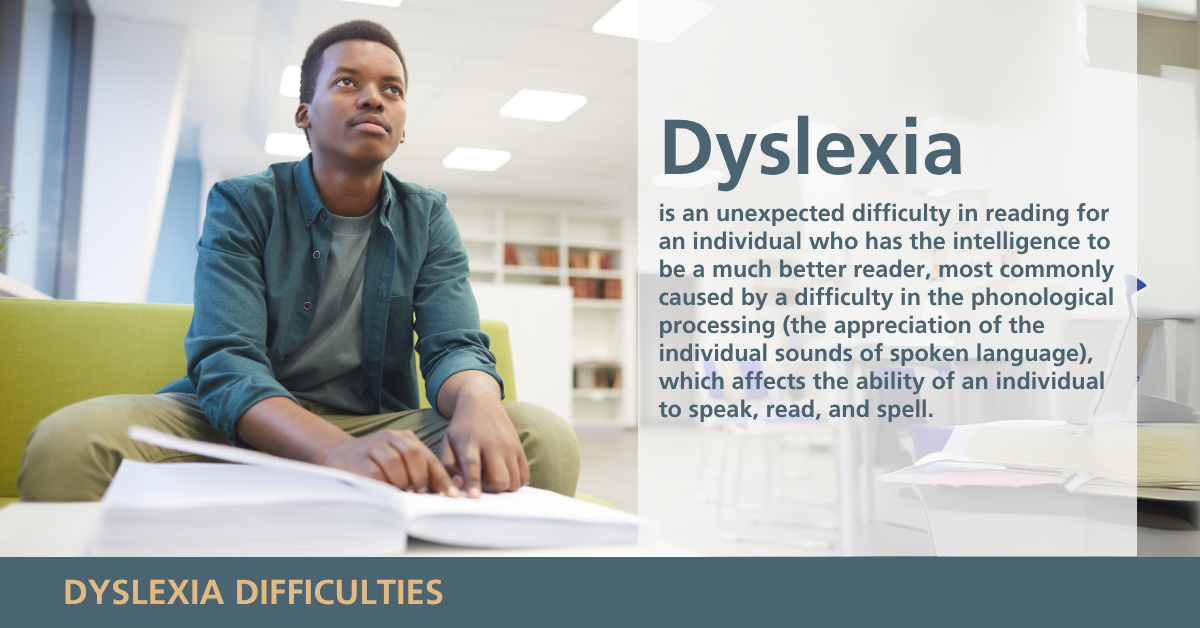
Resources
Preparing for College with Dyslexia – Child Mind Institute
Offers strategies for managing college-level reading, time management, and technology tools to help students with dyslexia transition successfully into higher education.
College Planning – Yale Center for Dyslexia & Creativity
Provides guidance on navigating college with dyslexia, including study habits, test-taking strategies, and understanding the challenges unique to higher education environments.
Dyslexia and the College Student – University of Tennessee
Discusses the primary challenges faced by college students with dyslexia, emphasizing the importance of reading strategies and academic accommodations.
Digital Self-Help Groups for College Students with Dyslexia – ERIC
Explores the benefits of digital self-help groups in providing emotional support and coping strategies for college students managing dyslexia.
Help for College Students – Dyslexia Help at the University of Michigan
Offers resources on obtaining accommodations, understanding legal rights, and accessing support services tailored for college students with dyslexia.
Transitioning from High School to College – International Dyslexia Association
Provides a roadmap for students with dyslexia to prepare for college, focusing on self-advocacy and understanding the differences in academic expectations.
Working with a Dyslexic Student – Reed College
Shares insights and experiences from tutoring a college student with dyslexia, highlighting effective support strategies within higher education settings.
Dyslexia in Higher Education – ERIC
Analyzes the experiences of college students with dyslexia, focusing on coping mechanisms and the impact of the dyslexic label on academic performance.
Dyslexia Concealment in Higher Education – Wiley Online Library
Investigates the reasons why university students with dyslexia may choose to conceal their diagnosis and the implications for their academic identity.
Strategies Used by University Students with Dyslexia – SAGE Journals
Reviews linguistic and classroom strategies employed by young adults with dyslexia to navigate academic challenges in university settings.
Articles
This review explores how emerging technologies, including assistive tools and the metaverse, can enhance inclusivity for students with learning difficulties in higher education.
Introduces a VR experience designed to simulate dyslexia-related challenges, aiming to foster empathy and awareness among university faculty and students.
A Comprehensive Review of Assistive Technologies for Children with Dyslexia
Analyzes various assistive technologies, highlighting emerging tools like VR and NLP that support individuals with dyslexia, with insights applicable to higher education contexts.
Presents the VRAIlexia project, utilizing VR and AI to identify and address specific challenges faced by dyslexic students in higher education.
Assistive Technology for Students with Learning Disabilities: A Review of Literature
Reviews various assistive technologies that aid students with learning disabilities, discussing their effectiveness and implementation in educational settings.
Dyslexia in Higher Education: Challenges and Support Strategies
Examines the unique challenges faced by dyslexic students in higher education and explores effective support strategies to enhance their academic success.
Dyslexia Concealment in Higher Education: Implications for Academic Identity
Investigates why some university students with dyslexia choose to conceal their diagnosis and the impact on their academic identity and performance.
Strategies Used by University Students with Dyslexia: A Review
Reviews linguistic and classroom strategies employed by young adults with dyslexia to navigate academic challenges in university settings.
Transitioning from High School to College: Supporting Students with Dyslexia
Provides guidance on preparing students with dyslexia for the transition to college, emphasizing self-advocacy and understanding of accommodations.
Digital Self-Help Groups for College Students with Dyslexia: An Exploratory Study
Explores the benefits of digital self-help groups in providing emotional support and coping strategies for college students managing dyslexia.
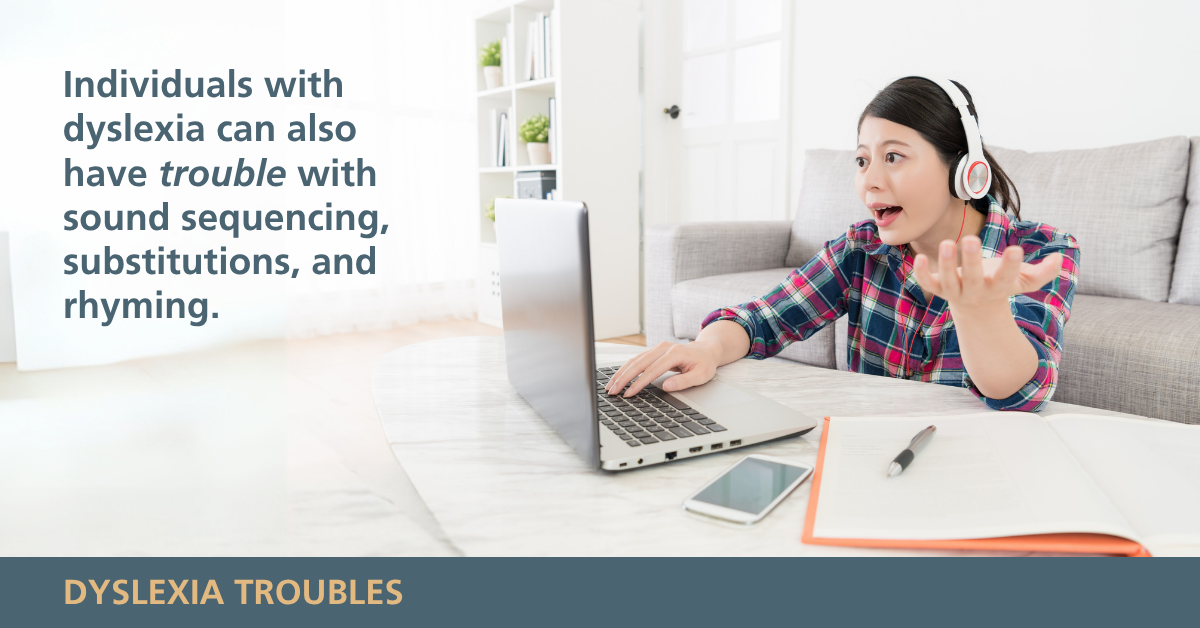
Books
Overcoming Dyslexia: Second Edition, Completely Revised and Updated
Dr. Sally Shaywitz provides an updated guide on identifying and managing dyslexia, offering strategies for students to navigate academic challenges effectively.
Cognitive and Emotional Study Strategies for Students with Dyslexia in Higher Education
Amanda T. Abbott-Jones offers practical guidance on study techniques and emotional support tailored for dyslexic learners in higher education.
Study Skills for Students with Dyslexia
This book provides advice on note taking, reading strategies, and exam techniques to help dyslexic students succeed academically.
Dyslexia: Surviving and Succeeding at College
Sylvia Moody offers a practical guide for dyslexic students, addressing study skills and coping strategies for college life.
T.R. Miles discusses the challenges dyslexic students face in college and provides strategies to overcome them.
Dyslexia-Friendly Further and Higher Education
This book offers guidance on creating inclusive learning environments for dyslexic students in further and higher education.
Managing Dyslexia at University: A Resource for Students, Academic and Support Staff
Claire Jamieson provides resources and strategies for managing dyslexia in a university setting, aimed at students and academic staff.
Dyslexia and Inclusion: Assessment and Support in Higher Education
Marion Farmer discusses assessment methods and support strategies to promote inclusion of dyslexic students in higher education.
Recent Advances in the Study of Dyslexia
Katherine K. M. Stavropoulos explores the latest research findings on dyslexia, offering insights into effective interventions and support mechanisms.
Dyslexia: Surviving and Succeeding at College – Paperback
This paperback edition provides practical advice for dyslexic students to navigate college successfully, focusing on study skills and personal development.
Videos
3 Tips to Prepare for College with Dyslexia
This video offers practical advice to help students with dyslexia transition smoothly into college life, emphasizing preparation strategies and available resources.
From High School to Higher Ed: Navigating College with Dyslexia
Explores the journey of students with dyslexia as they move from high school to college, highlighting challenges and strategies for success in higher education.
Adult with Dyslexia Finds Her Path to a College Degree
Shares the inspiring story of an adult student overcoming dyslexia challenges to achieve academic success and earn a college degree.
How is Dyslexia Identified in College and Graduate Students? Part 2
Provides insights into the identification process of dyslexia in higher education, focusing on assessment methods and support systems.
Discovering My Dyslexia in College Seminary
A personal narrative detailing the discovery of dyslexia during college years and the subsequent journey towards academic achievement.
Dyslexia and AI: Artificial Intelligence or Artificial Inclusivity
Examines the role of AI in supporting students with dyslexia, questioning its effectiveness and inclusivity in educational settings.
New Video! Road from H.S. to College for Students with Dyslexia
Offers guidance on transitioning from high school to college for students with dyslexia, covering accommodations and self-advocacy.
Some of Our Favorite Videos – The Dyslexia Initiative
A curated collection of videos providing insights and strategies for individuals with dyslexia, including topics relevant to college students.
Videos – Dyslexia Help at the University of Michigan
Features educational videos explaining dyslexia, its impact, and coping strategies, beneficial for students navigating higher education.
Podcasts
Hosted by Darius Namdaran, this podcast shares stories from individuals with dyslexia, offering insights and practical tips for navigating academic and professional environments.
Hosted by Kate Griggs, this series features conversations with inspiring dyslexics, exploring how dyslexic thinking contributes to success in various fields.
Elisheva Schwartz hosts this podcast, delving into the strengths and challenges of dyslexia, with episodes focusing on empowerment and self-understanding.
Dr. Erica Warren discusses assistive technology, learning strategies, and cognitive tools to support individuals with dyslexia in educational settings.
How Dyslexia Works – Stuff You Should Know
This episode explores the complexities and misconceptions surrounding dyslexia, providing a comprehensive overview of the condition.
Tim Odegard delves into the historical roots, scientific insights, and personal experiences of dyslexia, aiming to dispel myths and deepen understanding.
Focused on parenting children with dyslexia, this podcast offers strategies and support, which can be insightful for college students reflecting on their educational journeys.
Dyslexia and the Science of Reading
This episode discusses the intersection of dyslexia and reading science, highlighting the importance of early diagnosis and effective teaching methods.
Highlighting initiatives and stories from the Canadian dyslexia community, this podcast offers perspectives on advocacy and educational excellence.
This episode features a family’s experience with dyslexia, discussing challenges and triumphs, providing relatable insights for students and parents alike.
Fair Use Statement: Please share our content for editorial or discussion purposes. Please link back to this page and give proper credit to SpeechPathology.org.


